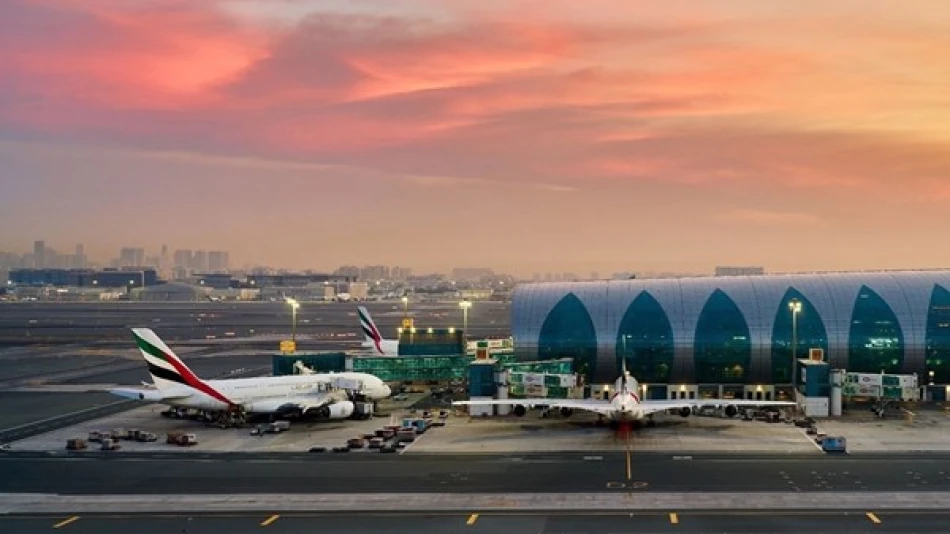
Dubai Airport's Red Carpet Expedites Travel in 6 Seconds without Documents
Dubai Launches World's First "Red Carpet" Passport-Free Airport Corridor
Dubai International Airport has unveiled a revolutionary biometric travel system that processes up to 10 passengers simultaneously through passport control in just 6-14 seconds—without requiring any physical documents. The "Red Carpet" corridor represents a quantum leap in airport efficiency that could reshape global travel standards and cement Dubai's position as the world's busiest international hub.
How the Technology Works
The General Directorate of Residency and Foreigners Affairs in Dubai, partnering with Dubai Airports, has deployed an AI-powered biometric recognition system that pre-processes passenger data before arrival. Travelers simply walk through the smart corridor while advanced sensors verify their identity in real-time.
The system maintains security protocols by automatically flagging special cases for manual review, ensuring that speed doesn't compromise safety. This represents a significant advancement over traditional single-passenger processing gates that have dominated airports worldwide for decades.
Competitive Advantage in Global Aviation
This launch comes as Dubai International maintains its status as the world's busiest international airport for the 11th consecutive year. The Red Carpet system could provide a decisive edge over competing hubs like Singapore's Changi, London Heathrow, or Amsterdam Schiphol, all of which are investing heavily in biometric technology but haven't achieved simultaneous multi-passenger processing.
Processing Speed Revolution
Traditional passport control processes one traveler at a time, creating bottlenecks during peak hours. Dubai's system can theoretically process 2,500-6,000 passengers per hour through a single corridor, compared to roughly 200-300 passengers per hour at conventional gates. This efficiency gain becomes crucial as air travel demand rebounds to pre-pandemic levels.
Strategic Implications for Dubai's Economy
The timing of this launch aligns with Dubai's broader economic diversification strategy. As the emirate positions itself as a global business hub, seamless travel experiences become a competitive necessity. Faster airport processing could influence corporate location decisions, particularly for companies requiring frequent international travel.
The technology also supports Dubai's tourism recovery efforts, potentially reducing the airport congestion that has plagued many major hubs since travel demand surged in 2023. Shorter wait times translate directly into improved passenger satisfaction scores—a key metric airlines consider when planning route networks.
Privacy and Security Considerations
While Dubai hasn't detailed the specific biometric data collected, the system likely combines facial recognition, iris scanning, and possibly gait analysis. This raises questions about data storage, sharing agreements with other countries, and passenger privacy rights—issues that will likely influence adoption rates among privacy-conscious travelers from European markets.
However, the UAE's track record of implementing large-scale biometric systems, including its existing Emirates ID program, suggests the infrastructure and regulatory framework already exist to support this expansion.
Global Aviation Industry Impact
Major airports worldwide are closely watching Dubai's implementation. If successful, this technology could become the new standard for premium airport experiences, potentially creating pressure on other international hubs to invest in similar systems or risk losing transfer passengers to more efficient competitors.
The aviation industry's post-pandemic recovery has been marked by operational challenges, staff shortages, and passenger frustration with delays. Dubai's Red Carpet system offers a technology-driven solution that other airports will likely attempt to replicate, potentially accelerating the adoption of contactless travel technologies globally.
Most Viewed News

 Layla Al Mansoori
Layla Al Mansoori






